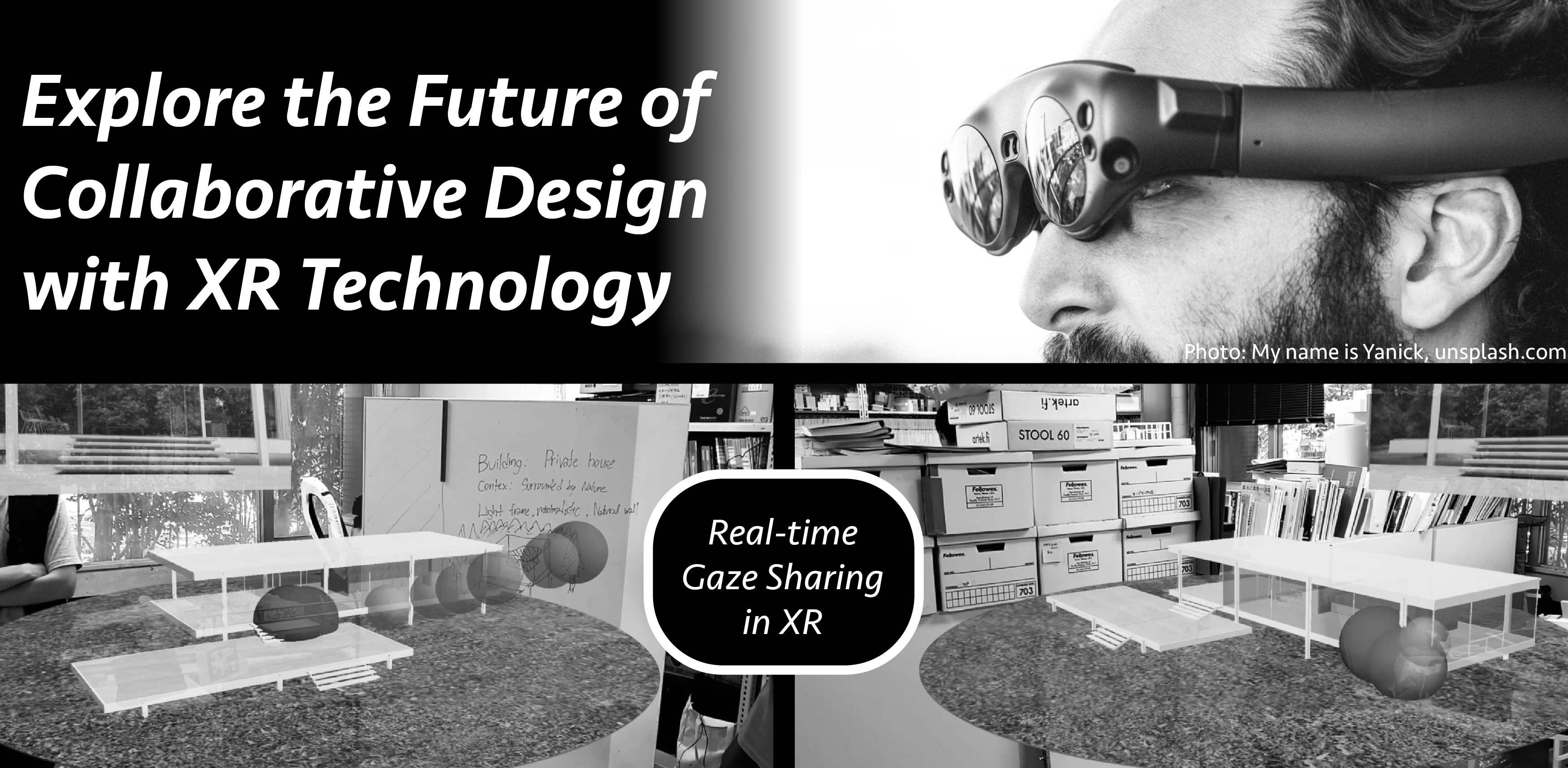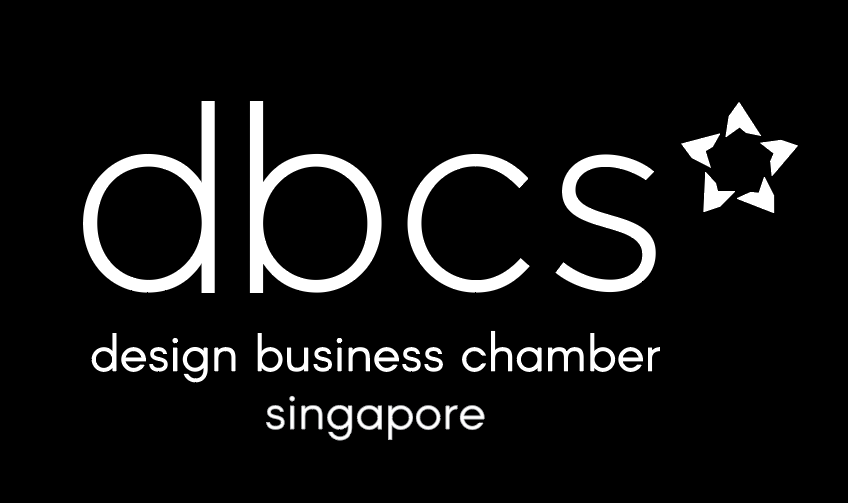
Envisioning the future of Collaborative Design with Immersive Technologies
22nd April
9:30 AM — 5:00 PM (SGT)
1 day
Think Tank 14
18 PAX
WEIHENG HU
TOKYO INSTITUTE OF TECHNOLOGY
YUVAL KAHLON
TOKYO INSTITUTE OF TECHNOLOGY
MOMOKO NAKATANI
TOKYO INSTITUTE OF TECHNOLOGY
HARUYUKI FUJII
TOKYO INSTITUTE OF TECHNOLOGY
Although considerable progress has been achieved in technology-driven collaborative design, especially accelerated by the recent pandemic, existing solutions have inherent limitations. While immersive tools powered by XR technologies already offer promising prospects for enhancing communication and collaboration in design processes, they are often in their nascent stages and may not consistently prioritize human-centered design principles.
In conclusion, during this workshop, participants will be introduced to a range of cutting- edge systems designed to enhance remote collaborative design processes and then explore the future of technology-facilitated collaborative design in discussions. Through hands-on activities facilitated by these technologies, participants will engage in architectural design tasks and collaborate with one another to create designs based on provided information. An example of a system that participants will be able to experience is given below in Figure 1. Here, a system for sharing attention information among several participants was developed in Augmented Reality, so that each participant can be aware of the other’s focus, in real-time.
REGISTRATION CLOSES 18 APRIL 2024
INSTRUCTORS

WEIHENG HU
PHD Candidate: Tokyo Institute of Technology
Weiheng Hu is a dedicated student and emerging researcher in the field of technology-facilitated communication. His academic journey, rooted in a solid foundation in natural language processing during his collegiate years, has ignited a passion for the intersection of communication and technology. With a fervent belief in the indispensability of collaboration, particularly within the context of collaborative design, Hu recognizes the nature of human communication and its symbiotic relationship with technological advancements. His overarching goal is to leverage innovative technology as a facilitator for seamless and effective communication processes. HU is currently a doctoral candidate at the School of Engineering, Tokyo Institute of Technology.

Yuval Kahlon
Assistant Professor: Tokyo Institute of Technology
Yuval Kahlon is an educator, researcher and entrepreneur with interests in design computing and human intelligence. He is both well-versed in current design theories and experienced in developing applications for complex projects in various scales and fields. His teaching focuses on developing literacy among future generations of designers and planners regarding emerging digital technologies. He has trained many professionals by working with institutions such as the Israeli Association of United Architects, as well as with major Israeli architectural design firms such as MYS Architects. His current research focuses on the development of interactive environments for design education and practice, using state-of-the-art technologies in XR and eye tracking. Kahlon is an Assistant Professor at the School of Environment and Society, Tokyo Institute of Technology, Japan.

Momoko Nakatani
Associate Professor: Tokyo Institute of Technology
Momoko Nakatani has worked at Nippon Telegraph and Telephone Corporation (NTT) and NTT TechnoCross Corporation for over 15 years. She is a researcher who has focused her efforts on improving the usability and user experience of Information Communication Technology (ICT). She investigates how ICT can be utilized as a tool to enhance collaboration and co-create services, emphasizing the integration of technology with user-centric approaches. She has played a key role in initiating several Living Labs in Japan, where technology and user research meet to foster innovation and better services. Her work contributes to a better understanding of how technology can be applied to support human interaction and service development. She earned her Doctor of Engineering from Waseda University in 2014. The keywords of her research include Living Labs, co-design, and social well-being.

Haruyuki Fujii
D.Eng, Architect, Professor: Tokyo Institute of Technology
Momoko Nakatani has worked at Nippon Telegraph and Telephone Corporation (NTT) and NTT TechnoCross Corporation for over 15 years. She is a researcher who has focused her efforts on improving the usability and user experience of Information Communication Technology (ICT). She investigates how ICT can be utilized as a tool to enhance collaboration and co-create services, emphasizing the integration of technology with user-centric approaches. She has played a key role in initiating several Living Labs in Japan, where technology and user research meet to foster innovation and better services. Her work contributes to a better understanding of how technology can be applied to support human interaction and service development. She earned her Doctor of Engineering from Waseda University in 2014. The keywords of her research include Living Labs, co-design, and social well-being.

Philip Yuan
professor and associate dean, Tongji University,
Honorary Fellow of American Institute of Architecture (Hon. FAIA).
co-founder, DigitalFUTURES Association,
Editor-in-Chief, Architectural Intelligence journal
founding partner, Archi-Union Architects & Fab-Union Technology
Philip F. Yuan is a professor and associate dean of the College of Architecture and Urban Planning at Tongji University, Honorary Fellow of American Institute of Architecture (Hon. FAIA). He is also the co-founder of DigitalFUTURES Association, a global educational initiative with a particular emphasis on the latest computational design and fabrication technologies, Editor-in-Chief of Architectural Intelligence journal, and founding partner of Archi-Union Architects & Fab-Union Technology. Yuan has served as Thomas Jefferson professor at University of Virginia (2019), the visiting professor at Massachusetts Institute of Technology (2019), and Royal Melbourne Institute of Technology (2021). He has also served as council member of UIA Professional Practice Commission (PPC).
Yuan was attributed with UIA 2023 The Auguste Perret Prize for Technology in Architecture. His work has been recognized with notable awards, including 2022 AIA Open International | Architecture Honor Award, 2022 Dezeen Award Best Civic Building, 2020 ACADIA Innovative Academic Program Award of Excellence and etc.
Yuan has participated in Venice biennale, Chicago biennale, Milan triennial, Tallin biennale, etc. His works have been collected by MOMA New York City, M+ Hong Kong and Centre National d’art et de Culture Georges Pompidou.




